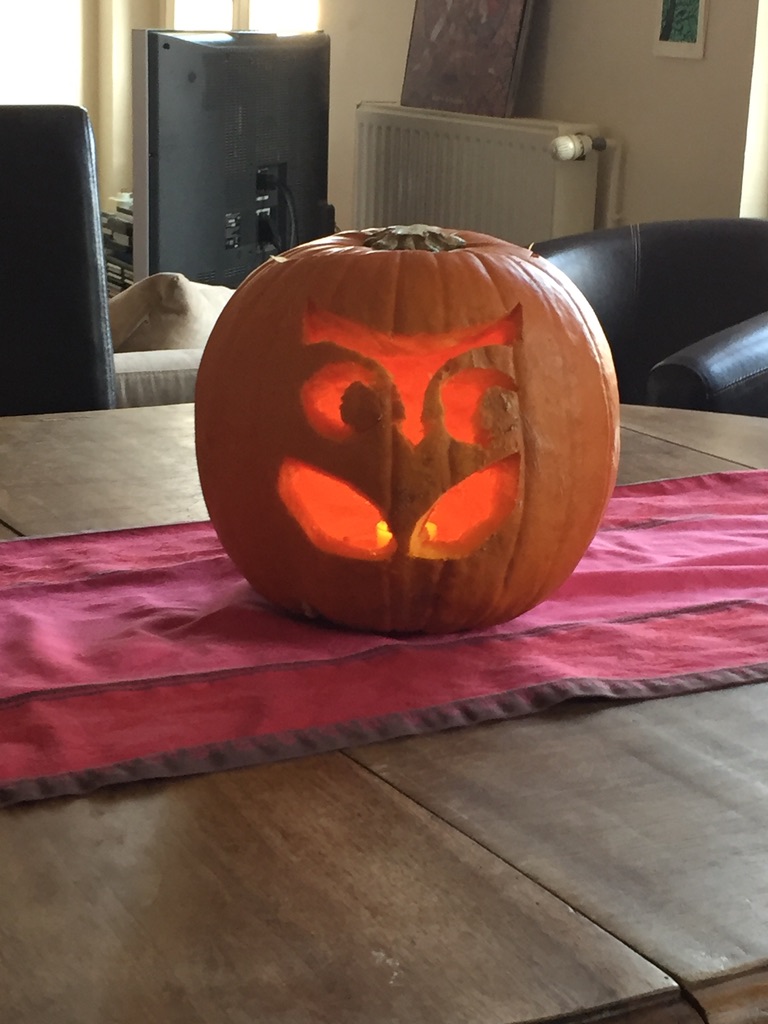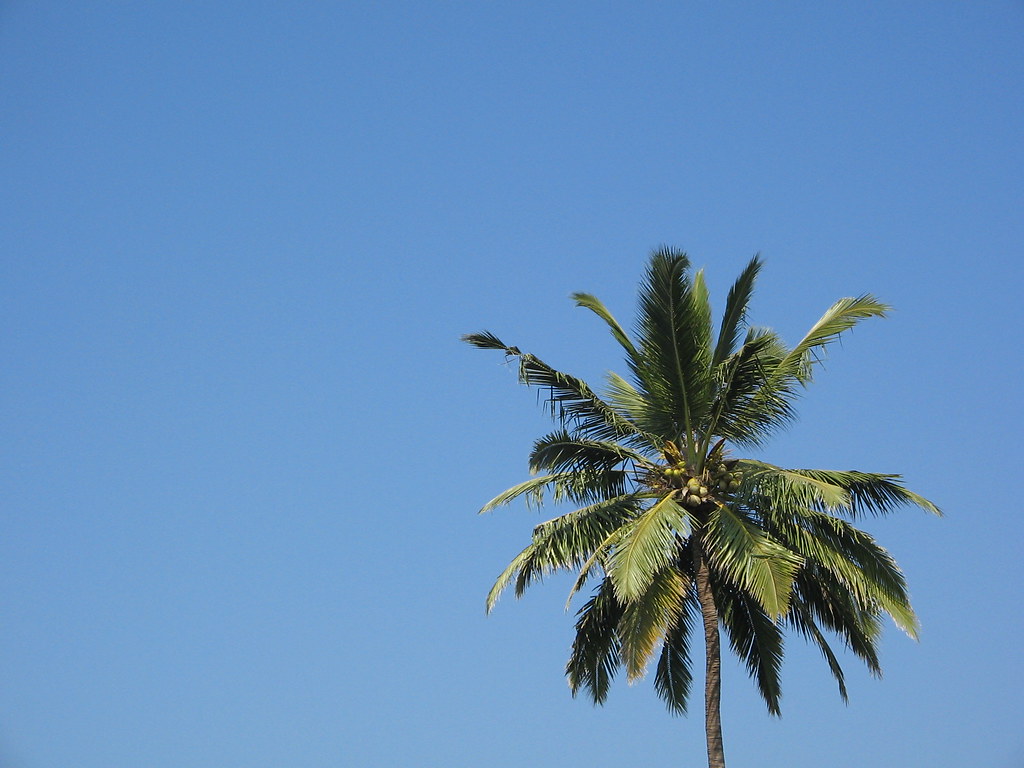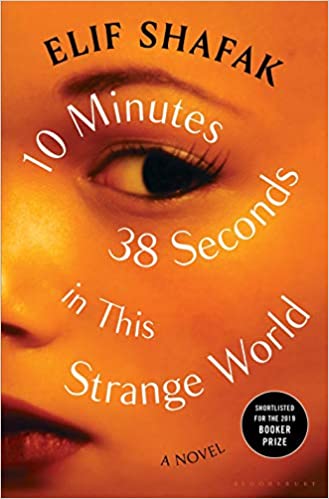 ow that we’ve established that the kid is the boss in a foreign country, it’s time to see the things children get up to over there in France.
ow that we’ve established that the kid is the boss in a foreign country, it’s time to see the things children get up to over there in France.
First off, it was not easy. On the playground, French kids threw sand at my daughter, presumably because they asked her to move? She had no idea. Together we sought out her teacher, Annie-Claude. My daughter proposed staying inside during recess. “Ah,” Annie-Claude said, “but children need fresh air for their health. How else could we solve this problem?” Divine intervention was not on her list of solutions, but that’s what happened.
One day at lunch time I learned that a boy in her class presented himself at recess, saying in English, “I’m English. My mother was born in Africa.” I’m like, that’s nice, thinking the whole thing sounded improbable at this stage. A little child in those sea of faces suddenly English? Mom from Africa in a similar sea of French bourgeois parents?
Yup.
The two of them became fast friends, marooned on their little English-speaking island, and no more sand throwing. We met the parents and their younger daughter and had a taste of heaven in our own language.
And, in fact, paradise kept cropping up.
DIVINE INTERVENTION PART II. OUTINGS
“Mom, sign here. School trip three weeks from Thursday.” Impressed with their planning, I signed. Well, three weeks from Thursday my daughter came home with a plaster statue she had created. Four or five inches high, mounted on a small wooden pedestal with springs holding the arms and legs in place, a statue had been born. And where? At the Rodin Museum in Paris.

A couple of times I was included in these heavenly events. One class trip was missing a chaperone. Where? To Monet’s garden in Giverny. The garden is like a painting itself. We wandered through the alleys and over the bridge, the little kids, saying, “regarde,” look, at the brilliant flowers so artfully displayed.
A second outing with flagging parents meant I was needed again. This time it was to the cinema to see Crin Blanc (White Mane), an award-winning film which later became a children’s story. Set in the fabulous Camargue, a huge national park in the south of France, and tucked between the two arms of the Rhone, the park welcomes many migratory birds, including pink flamingos, who seek the saline wetlands. The Camargue is also home to white horses, the oldest breed of horse in the world, inhabitants of this region for thousands of years.
A magic setting without a doubt. Enter, Crin Blanc, White Mane, the leader of a pack of wild horses no one can tame. A young boy, Folco, in the care of his fisherman grandfather, longs to ride the horse. Ranchers capture Crin Blanc, but he escapes. Folco endures many trials, including being beset by these very ranchers who want Crin Blanc for themselves. Boy and horse bond and escape together. The score, together with the exquisite shots of the Camargue, create a gorgeous film, touching something in all of us, particularly illustrating two aspects of the French imagination: the poet and the rebel.
THE OUTING COMES TO YOU
Sometimes the outings are at your own house. Think Halloween. The French just don’t know that it is a thing. Kids can trick or treat at the pharmacy. Seriously? I had to take matters in hand.
The house we lived in was already just this side of being haunted. So, the basement became a spider’s den with stretchy webs traversing the dank walls. Cooked spaghetti: brains, what else? Peeled eggs? Eyeballs.
We had gone off to the pumpkin patch for 30 pumpkins, one for each member of the class. Maleika, a tremendous neighbor, was corralled to help me manage the troops, who arrived in costume. Many witches prevailed. Pumpkins sat ready on the table. We cut the tops out then emptied the seeds. (Maleika threw tops and seeds all away, not knowing the tops keep the candle lit.) Never mind! We made simple grins on the squash and handed out little votive candles for the kids to light. They were amazed.

Off we went to the neighbors who had received candy from me beforehand. “Trick or treat!” The kids looked at each other. Free candy for the asking? French families are very private with gates and walls in front of their homes, resembling the castles of yore. So, it was especially thrilling to knock on strangers’ doors and be let inside.
THE BASEMENT
Now it was time for the basement. We led the kids down two at a time, scary Halloween music setting the mood. A glimpse at the spider webs and the sheets on a rigged-up clothesline, and then it was time for the blindfolds. “Put your hand in here,” I said. “Brains, wha ha ha.” The kids squealed with delight, until we had the one child who burst into tears. But at the end of the party, when his mom came to get him, he insisted his mother go down into the basement with him. “C’est trop bon,” he said. It is too good. “Are you sure?” I asked him. “Absolutely!”
Relay races ended the day. Two teams. Run to the little house, touch the wall, and run back. I left Maleika in charge and went to organize each child’s pumpkin and candy. My child appeared at my elbow to say that Maleika had made both teams wait until the two runners had returned before the next person could run. My daughter was not amused. How could you not know how a relay race worked? Perhaps they don’t have these in Algeria, among the Berbers? I suggested.

A good time was had by all, as Ronald Reagan was wont to say in his diary after an event in the White House. And indeed when one of the children at the party grew up to be a senior in high school, he said to me, “I will always remember that Halloween party.” I would like to note that the next time my daughter had a party, she invited only two friends. In a magazine she found a picture of a palm tree about two inches square, cut that out and taped it to the side of the house. The three of them colored silently on the patio M. Ludovic had made for us. A slightly different approach to giving a party.
UNDER A TREE
Despite the fact that the tramps (gentlemen) in Godot are poorly shod, apparently homeless wanderers, and continually stood up by Godot, you could say that the whole play is an outing. We’re out of the house, out of the box, out of the usual confines of our thoughts. There’s a breath of freedom even in these circumstances or maybe because of the circumstances.
PANDEMIC OUTINGS = READING
Our outings are going to be more or less imaginary ones for the time being.

I just finished a book called 10 Minutes 38 Seconds in This Strange World, by Elif Shafak. Long-listed for the Booker Prize, it’s a delightful book about the value of friends, but with a strange premise. A woman is murdered, but her consciousness remains for 10 minutes and 38 seconds. “Four minutes after her heart had stopped beating, a fleeting memory surfaced in Leila’s mind, bringing with it the smell and taste of watermelon.” You see the victim’s delight in life, even after the fact.
In those ten minutes we are introduced to five friends, all of whom are misfits in Istanbul reminiscent of our tramps, and who suffer persecution for various reasons: their sexual identity, an unhappy marriage, physical stature—each a runaway to Istanbul for their own reason. The author is a strong feminist, alert to the circumstances that are difficult for women, while she celebrates the life they find themselves in, even life in death, if you will. A very humane novel, (plus there’s a scene in the cemetery, something to get us in the mood for Halloween.)